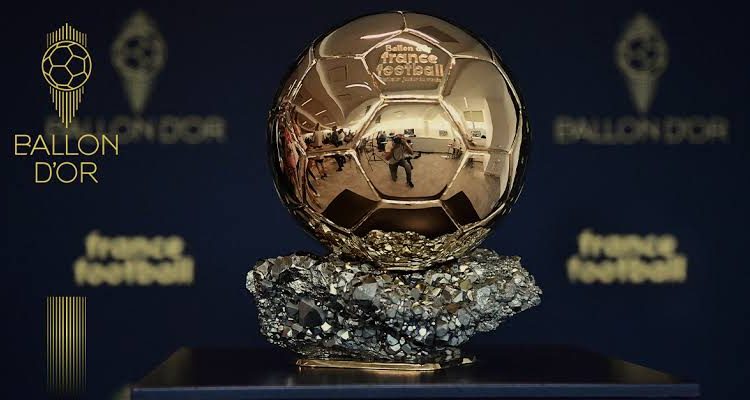Breaking: UEFA Secrets Unveiled in Battle for the 2025 Ballon d’Or — What They’re Planning Next!

The UEFA has introduced updated voting guidelines for the 2025 Ballon d’Or amid anxiety ahead of the award event for the most esteemed individual accolade in football.
Naija News reports that the ceremony is set to occur on September 22 at the Théâtre du Châtelet in Paris, an early date that reflects the heightened anticipation for what promises to be one of the most unpredictable editions in recent memory.
With significant events like the UEFA Champions League final, Nations League, and Club World Cup still to come, a clear frontrunner has yet to be identified.
The revised criteria for the Ballon d’Or, as reported by L’Équipe, will emphasize three key areas: Individual Performances, which assess players’ brilliance and impact on the field; Collective Success, which considers titles won with clubs and national teams; and Sportsmanship and Fair Play, highlighting the integrity of the sport.
UEFA aims to honor the best footballer of the year based on genuine merit, moving away from an overemphasis on lifetime achievements that could cloud judgment.
The competition for this year’s award is still very much open. Last year’s recipient, Rodri, won the accolade over Vinicius Jr. despite Real Madrid’s early exit from the Champions League, thanks to his pivotal contributions for Manchester City in the Premier League and for Spain in 2024.
With the Nations League approaching, national teams such as Spain, France, Portugal, and Germany are likely to play a significant role in shaping the final votes. However, players like Barcelona’s Lamine Yamal, Raphinha, Lewandowski, and Pedri, who will not participate in the Nations League or Club World Cup, may see their opportunities diminished.
On the other hand, Kylian Mbappé, despite not winning major trophies in his first season with Real Madrid, remains a formidable candidate. His pursuit of the Golden Boot and involvement in upcoming tournaments could greatly enhance his prospects.
In a notable advancement, UEFA has also declared that all male awards will now have corresponding female counterparts, underscoring a commitment to gender equality in the sport.
